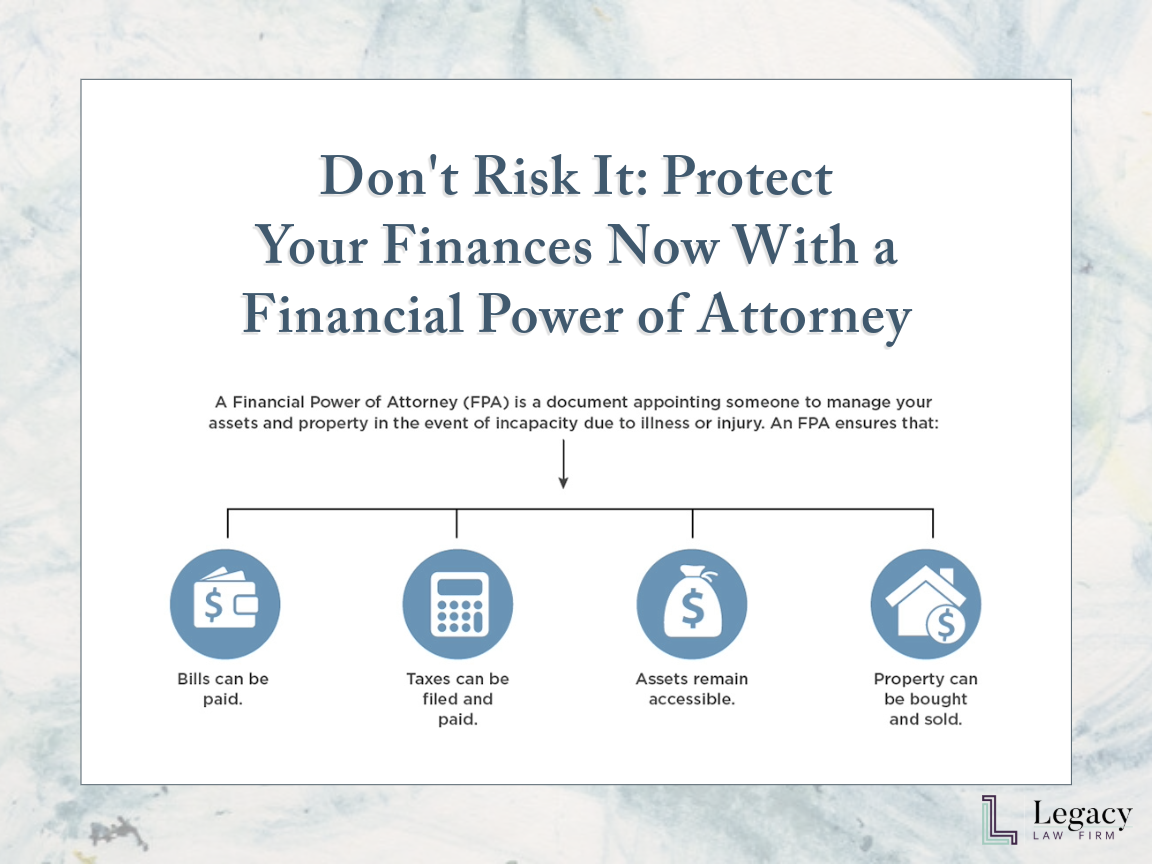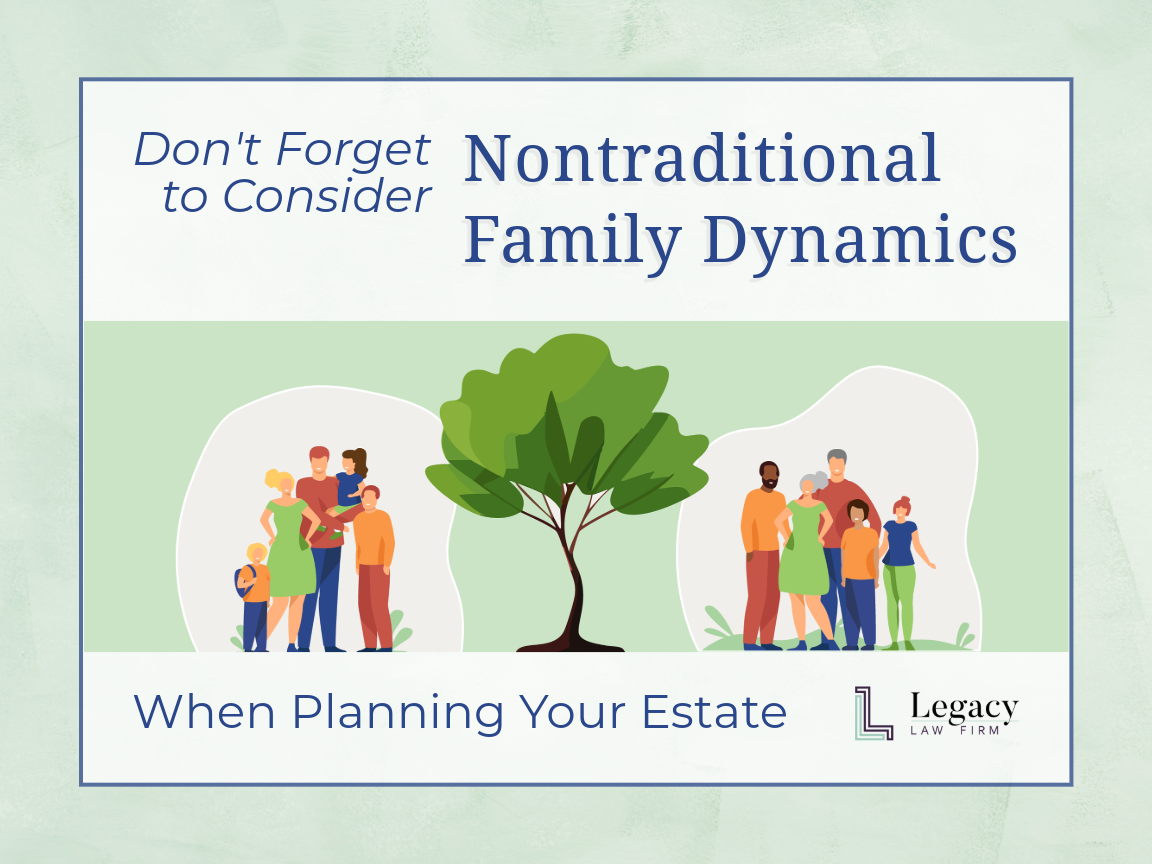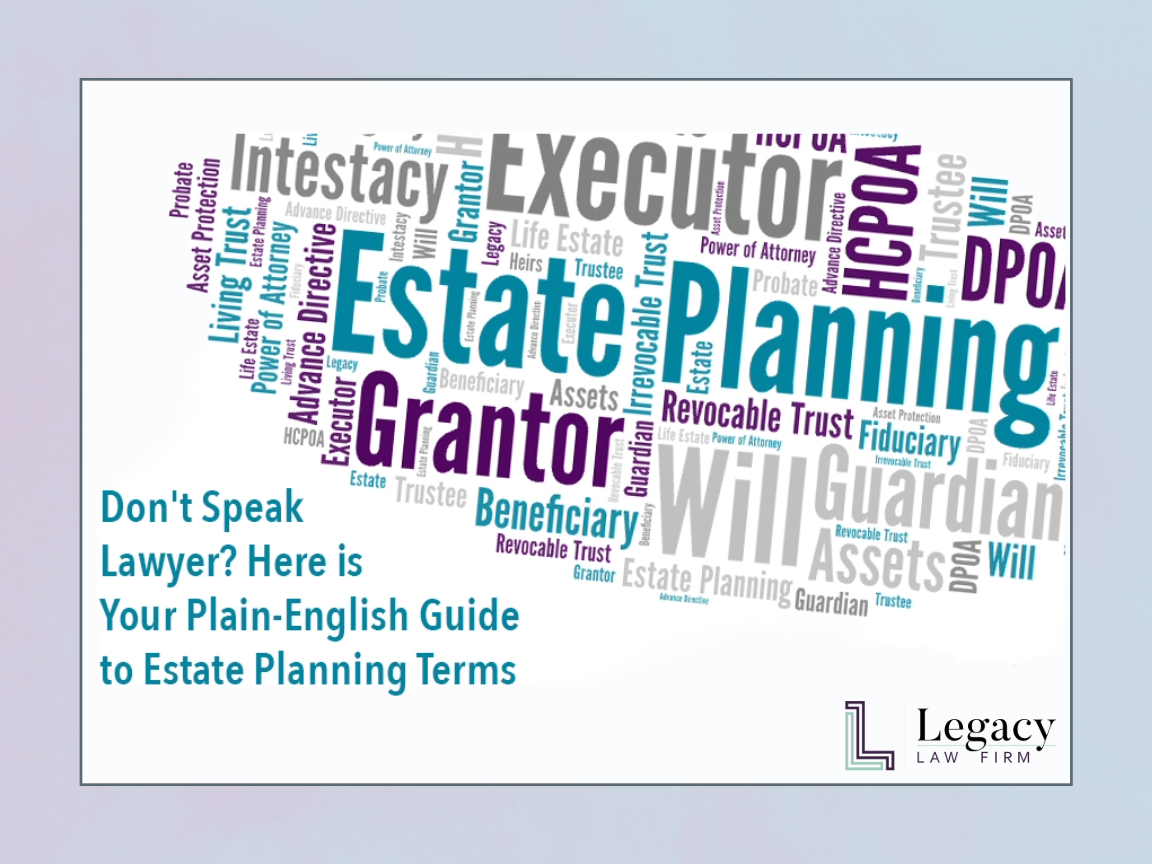Don’t Forget to Consider Nontraditional Family Dynamics When Estate Planning
Do any of these family dynamics apply to you?
If so, it is imperative that you consult with an experienced North Carolina estate planning attorney. Standard estate plans, especially those promoted by DIY websites, are generally one-size-fits-all plans and can leave big gaps. These estate plans were designed with a single individual without children or a nuclear family in mind. Cookie-cutter estate plans fail to acknowledge and adapt with the changing landscape of what makes a family.
If you have a blended family, have been through a divorce, or have a family that differs in any way from the “traditional” family dynamic, you need a customized estate plan that will address your unique family. Otherwise, you could end up with an estate plan that doesn’t align with your wishes and leaves out some of your loved ones. Family dynamics are not one-size-fits all and your estate plan shouldn’t be either.
#1: I’m in a long-term relationship/domestic partnership
Do you have a domestic partner or long-term partner who you want to inherit your estate? Without a legal document, like a Will, designating your partner as the beneficiary of your estate, they will be precluded from inheriting your estate. Several states recognize domestic partnerships or consider a long-term partner a common law spouse. In those states, the domestic partner or common law spouse has the same inheritance rights as a legal spouse.
The surviving partner in a nontraditional relationship is not automatically protected
Unfortunately, North Carolina does not recognize domestic partnerships or common law marriage. Since North Carolina does not recognize these types of relationships, intestate succession laws do not provide for domestic partners or common law spouses. This can result in your partner losing their rights to all or some of your shared assets.
If your assets are not jointly titled and you do not have a will naming your partner as the beneficiary of your estate, they will be at the mercy of your intestate heirs. In most cases, I’ve witnessed the intestate heirs honoring the deceased’s wishes by gifting part or all of the deceased’s estate to the partner. However, in situations where there isn’t a strong relationship between your partner and your heirs, it is possible your heirs could remove your partner from the residence and take possession of all of your personal property and financial accounts, leaving your partner without the resources to support themselves.
Don’t let North Carolina state law tell your partner that they do not matter. A well-thought-out estate plan will ensure that your partner is granted the same rights as legal spouses when it comes to your estate.
#2: I have a blended family with stepchildren I have not adopted
Do you have a close relationship with your stepchildren? If your estate planning attorney is inexperienced or you use a website like Legal Zoom, your stepchildren may not receive anything from your estate. By default, the definition of “children” in most wills only includes biological and legally adopted children. This means that you can have a will that unintentionally excludes your stepchildren. The best way to prevent your loved ones from experiencing this unfortunate surprise after your passing is to work with an experienced estate attorney who can customize your will to account for any familial relationship.
Don’t let the court determine who receives your property
What happens if you don’t have a will? If you pass away without a will, the court will determine who are your legitimate heirs and how to distribute your assets. North Carolina’s intestate succession laws do not make provisions for the care of stepchildren who have not been adopted. Without a will, your stepchildren will be left out.
A recent client was raised by her mother and stepfather. Her stepfather raised her from birth, but never legally adopted her. Unfortunately, the client lost both parents within just a few weeks of each other and neither had a will. Her mother and stepfather had several accounts without joint owners and their real property was solely in her mother’s name. It likely was her parents’ intention for her to inherit their entirety of both of their estates. However, depending on the order in which they died, it is possible she would have only inherited a fraction of their assets.
Under the North Carolina Intestate Succession Act, if her stepfather died first, her mother would inherit his entire estate (there were no other children). Then, upon her mother’s death, the client would inherit her mother’s entire estate, which also included the estate of her stepfather.
Compare this to what would happen if her mother died first. Upon her mother’s death, she and her stepfather would become joint owners of her mother’s real property. Her stepfather would also inherit the first $60,000 of her mother’s personal property as well as one half of any personal property over $60,000 with her inheriting the remainder. The big shock would appear after her stepfather’s death. Since North Carolina does not count unadopted stepchildren as heirs, the client would not have inherited anything from her stepfather’s estate, including his half of her mother’s real property and the $60,000+ of her mother’s personal property. Instead, her stepfather’s estate, containing some of her mother’s assets, would have passed to his intestate heirs, who she barely knew.
While I’d hate to refer to anything as lucky when discussing the loss of loved ones, lucky is the best way to describe the outcome for this client. Since her stepfather passed before her mother, the client did end up inheriting the entirety of both of their estates, which is likely what her parents intended.
If you do not have a will that specifically provides for unadopted stepchildren, your assets may not end up where you want them.
#3: I have minor children who do not have another living biological or adoptive parent
If you do not have a will nominating a guardian for your minor children, their future will be uncertain. Without a legal written directive from you, the court will determine who is best suited to be the guardian of your children. It is important to be aware that there is a risk that your child will be placed in foster care until the court appoints a guardian.
While any person can apply to be the guardian of your children, the final decision is up to the court. North Carolina guardianship laws specify a preferential order for who should be a minor child’s guardian. The order of priority doesn’t specifically state that a family member has priority over other adults, but the courts tend to award guardianship to family members before looking outside the family.
What this means is that if you prefer for an unrelated friend to be the guardian of your children, but Aunt Jane also applies to be their legal guardian, North Carolina courts would be inclined to appoint Aunt Jane as your children’s guardian. To prevail over Aunt Jane, your friend would have to request a hearing and prove why Aunt Jane isn’t a more suitable guardian.
Since there is no priority among adult applications, this also means that a stepparent or long-term partner of the deceased parent has no priority over any other adult. Without a nomination of guardian, it is possible the court would choose to separate your child from their remaining parental figure.
After losing a parent(s), the last thing you want to put your children through is a contentious custody battle. Protect your children’s mental, physical, and financial wellbeing by working with an attorney to put a plan in place that protects their future.
#4: I have a child and I was not married to the biological father when my child was born
In North Carolina, a child born out of wedlock is only automatically recognized as the child of the biological mother even if the parents are unmarried long term partners. Without further action, the child is not an heir of their biological father and vice versa. For the child to become the biological father’s heir, one of three options must be completed.
A petition can be filed with the Clerk of Court to have the child declared a legitimate child.
The biological father can acknowledge the child in a written instrument pursuant to N.C.G.S. 29-19(b)(2) and filed with the Clerk of Court during his and the child’s lifetime. The exception to the lifetime filing requirement is if the biological father acknowledges the child in his last will and the will is duly probated upon his death.
If the biological father died prior to or within one year after the child’s birth, DNA testing can affirmatively establish legitimacy.
One thing to note is that even if the biological father is listed on the birth certificate, if the child’s parents were not married at the time of their birth, the father’s name on the birth certificate is insufficient to establish legitimacy. Legitimation for intestate succession can also be further complicated if the biological mother is married (even if they are legally separated) to another person at the time the child is born.
Don't let your estate plan leave out your loved ones
Having a customized North Carolina estate plan that takes into account your family dynamic is critical to ensure that the legacy you leave behind is the legacy you intended.
As part of a family with a “nontypical” family dynamic, Attorney Kisby-Meadows sincerely understands just how important it is to make sure that your estate plan takes care of every single one of your loved ones.
Contact Legacy Law Firm today to schedule a consultation and ensure that the legacy you’ve built endures.
















